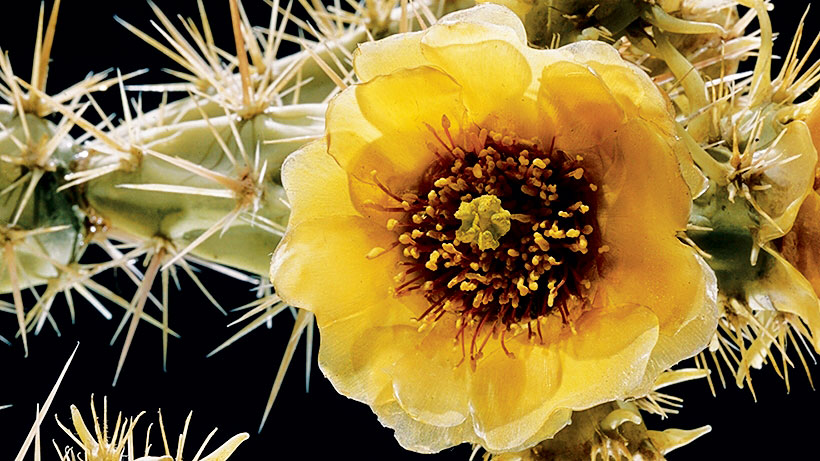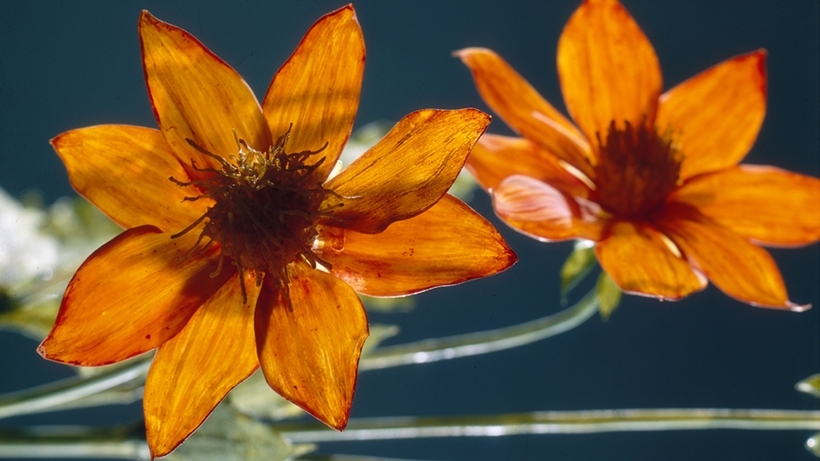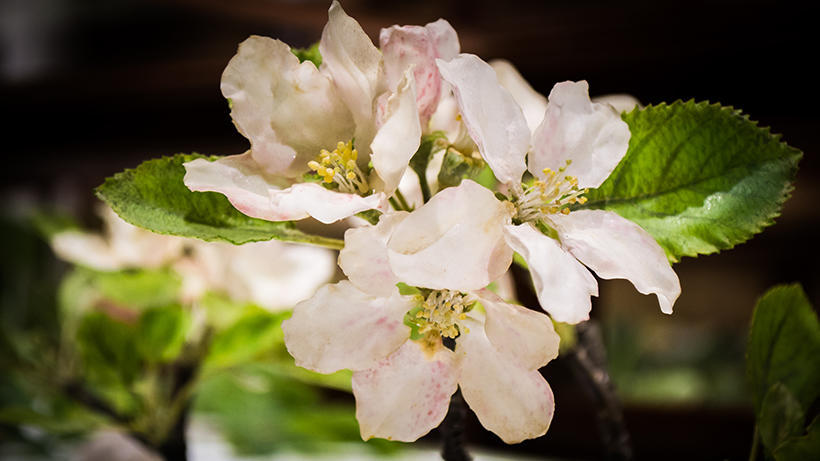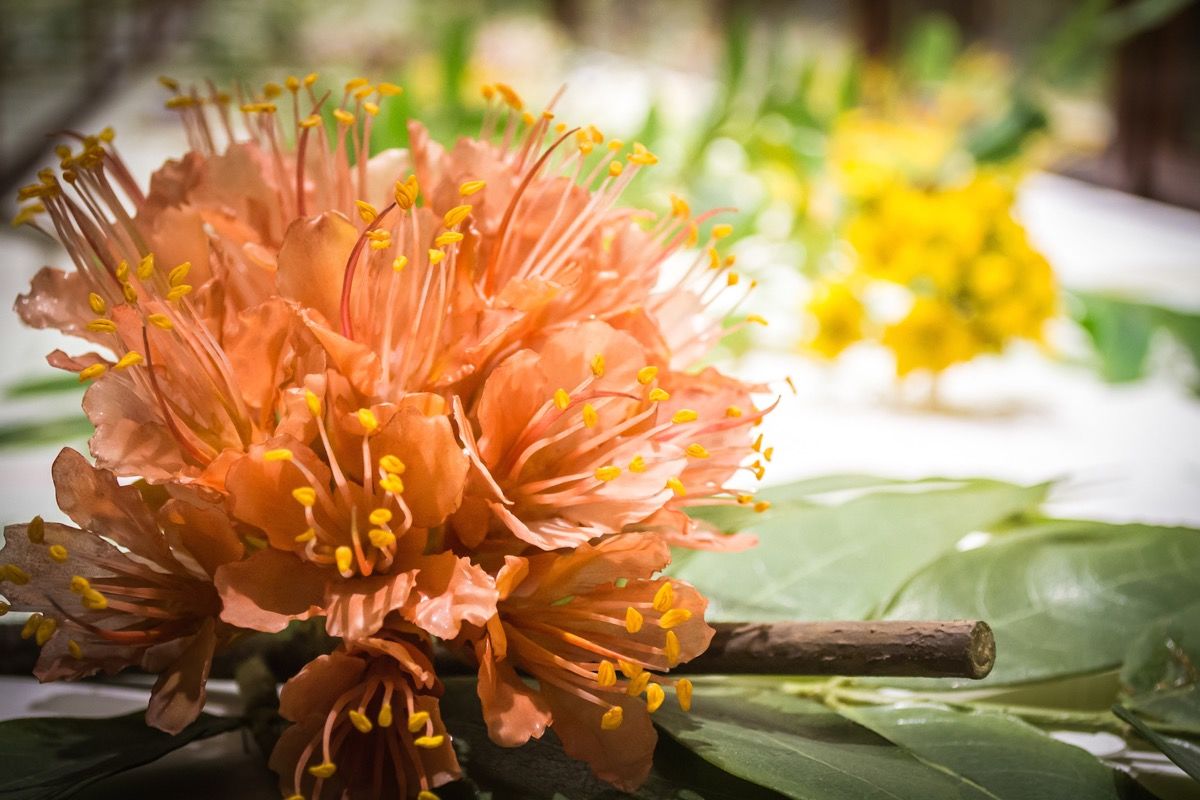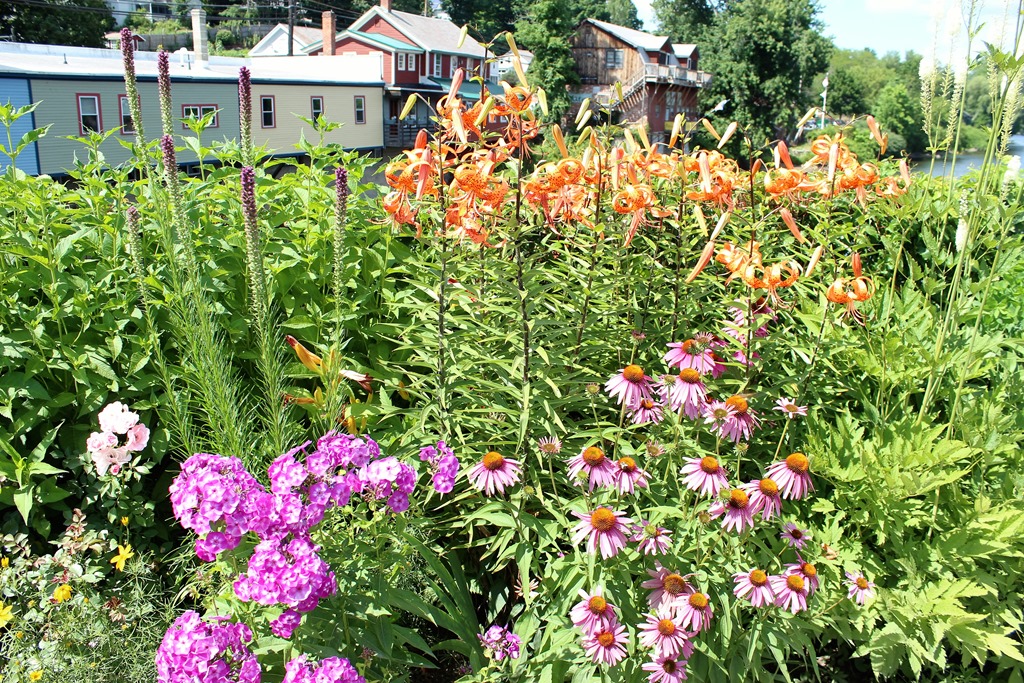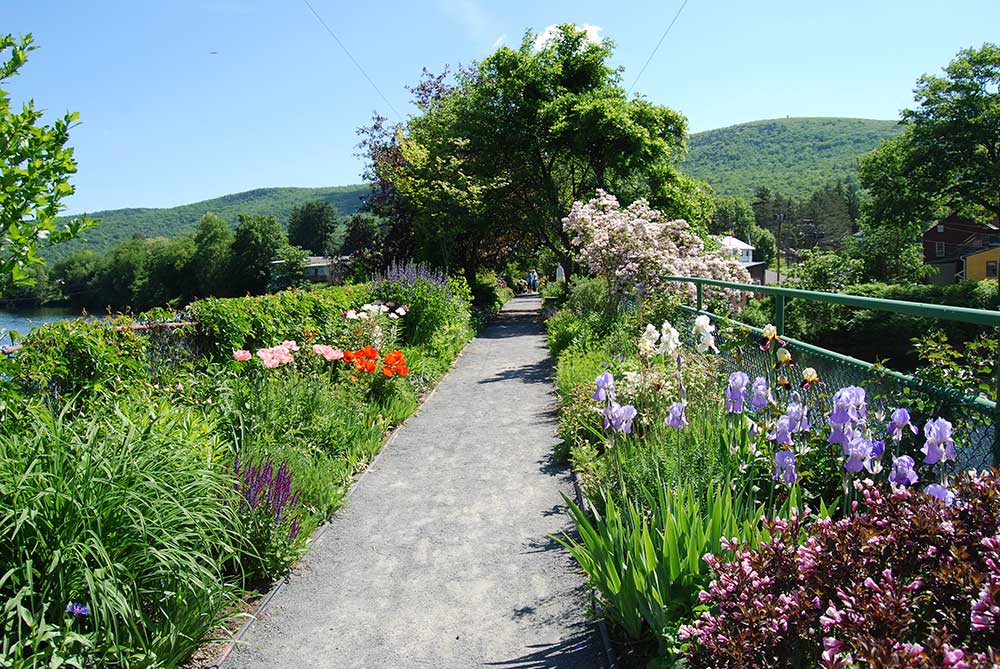I’ve been a flower child from the beginning.I never understood the war against dandelions (they’re cute) and when my dad would take the weed-whacker to the pretty little blue flowers along the edge of our yard, I was borderline heartbroken.
To all you folks with lush, pristine, green lawns, crack free driveways, and disdain for weed-ridden vacant lots, I have two things to say:
One, this world is full of concrete, let’s show some love to anything beautiful growing through the cracks and get a little WILD.
Two, my yard would give you a panic attack.
For a plant with so many uses, it really does get taken for granted. Let’s stop a moment and appreciate that pop of color on the roadside, in that dusty construction site, and at the corner of the parking lot.
Chicory fun facts
Chicory is native to Europe but has now naturalized all over the US and much of Canada.
The flowers open with the morning sun and close right around when it is time for a summer afternoon siesta.
Each bloom only lasts a day and can only be seen on sunny days.
While wild chicory tends to be bitter, chicory and its relatives are edible and used in cuisine throughout the globe.
Chicory is also known as blue daisy, blue dandelion, blue sailors, blue weed, bunk, coffeeweed, cornflower, hendibeh, horseweed, ragged sailors, succory, wild bachelor's buttons, and wild endive.
Chicory can be used in treatment of gallstones, gastrointestinal disorders, cuts and bruises in people. Inulin extracted from the root can facilitate weight loss. Volatile oils from the root of chicory can eliminate intestinal parasites in animals.
Ground root can be used as substitute for coffee or as flavoring agent for the coffee. New Orleans famously features chicory coffee blends in some of their cafes.
Wild chicory is an important source of food for deer, elk, turkey and quail.
Colonists cultivated chicory as a forage plant for livestock.
The chicory plant is one of the earliest cited in recorded literature. The cultivated chicory plant has a history reaching back to ancient Egyptian time







